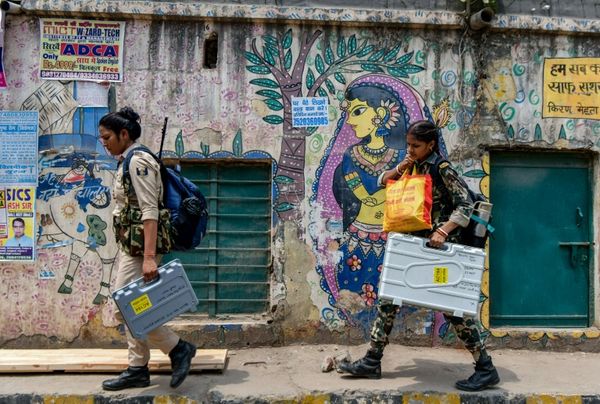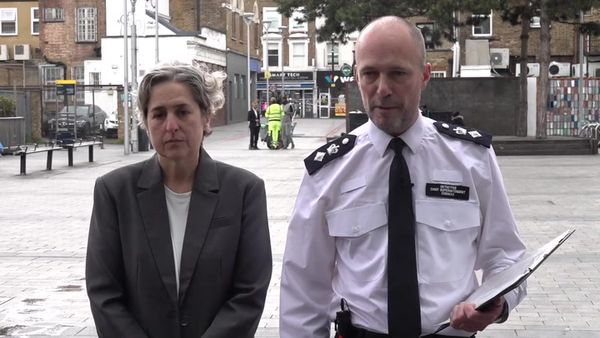
In a recent study conducted by the Catholic University of Argentina, it was revealed that poverty levels in Argentina have reached a staggering 57.4%, the highest rate in 20 years. This alarming statistic equates to approximately 27 million people in the country living below the poverty line, with 15% of them facing destitution and struggling to meet their basic food needs.
The study, carried out by the UCA's social debt observatory, is highly regarded for its comprehensive approach to measuring poverty and covers a broader geographical area than official government statistics. The report attributes the spike in poverty levels to the devaluation of the Argentine peso implemented by President Javier Milei's administration shortly after taking office in December.
The impact of the devaluation was particularly felt by working- and middle-class households that do not benefit from social programs, according to the study's findings. While there may be a slight slowdown in inflation in the coming weeks, the report predicts that poverty rates could climb to 60% by March, further exacerbating the country's economic challenges.
President Milei, known for his ultra-liberal economic policies, has vowed to address the poverty crisis through drastic measures, including significant cuts in public spending. He criticized the political establishment, referring to the high poverty rates as a result of the failures of past administrations.
Former Vice President Cristina Fernández de Kirchner, on the other hand, pointed to the policies of her predecessor, conservative President Mauricio Macri, and the current government's adjustments as contributing factors to the worsening poverty situation. She highlighted the country's economic regression since 2018 and emphasized the need for a change in approach to address the growing inequality.
The government's response to Fernández de Kirchner's remarks was dismissive, with a presidential spokesman urging her to refrain from commenting on the country's economic challenges. The ongoing debate between political figures underscores the urgency of finding sustainable solutions to alleviate poverty and improve the socioeconomic conditions of millions of Argentinians.
For more news on Latin America and the Caribbean, visit AP's coverage.





